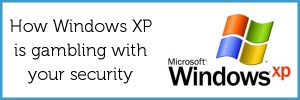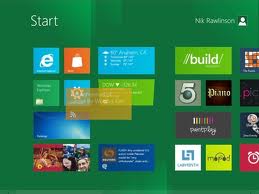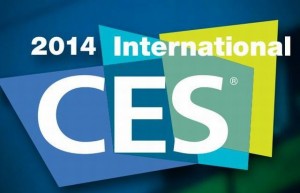 I thought I would burp a little about the recent news broadcasts detailing the attacks that have happened, as well as the ones that are about to hit in around two weeks’ time.
I thought I would burp a little about the recent news broadcasts detailing the attacks that have happened, as well as the ones that are about to hit in around two weeks’ time.
Let’s start with the one that already happened, the Heart bleed exploit. This affected web servers and took advantage of a flaw in a commonly used library to gather random chunks of working memory. Unfortunately these random chunks often contained people’s login details or other personal information. And so we all had to go and change our passwords for many of the web services we use, Google, Facebook, and Yahoo and so on. Wait, you haven’t done that yet? Well you better get in about it today and make it so!
The attack due in a few weeks’ time was announced on the news feeds last week, and you need to make sure that all your computers are up to date and virus protected within the next two weeks. You have been warned!
So what’s new?
Well, in actuality, nothing is new. We have been plagued with hackers, attacks, and viruses for as long as I have been in IT. And there is even a possibly they were around before then, I am not as old as you think you know! We have long been advised to keep our computers up to date, to install virus checking software and ensure we have the latest virus definitions. Yet we still succumb to the viruses as they hit the web. Is it because we just get lazy and don’t maintain our computers? Has the computer age made us feel that the software should maintain itself? Why do we have to do anything manually?
I have repaired machines in the past, and have asked the user if they had anti-virus software. The answer was often yes, as it came with the computer. Brilliant I said have you updated it recently … a long pause … no, was the reply, doesn’t it do that itself? I then checked the machine to find that the software was on it when bought, but had never been launched and never registered. In fact, it had simply been taking up some hard drive space and doing not a lot else! Given this was roughly three or four years after purchase, I will not tell you the number of infections I found on that machine.
Which hat are they wearing?
These days you can attend college or university and do an Ethical Hacking course, and come out with a matching qualification. Now if you use this the right way (known as white hat hacking) you will become an asset to any company wanting to protect their systems. Of course, used the wrong way (black hat hacking), you can cause mayhem and leave damage in your wake.
Help me Ian; what do I need to do?
Put simply, you need to do what you have been told to do for as long as I can remember. That is: keep your computer up to date, and keep anti-virus software on it and up to date. If you are on a network, then make sure your firewalls and other barriers are up and running. Oh, and just to let you know, it could all be changing again as the mobile usage increases and the cloud becomes our storage … watch this space, but be protected.
Further info on some of this can be gained by reading our previous blog on Windows XP cover, and on Passwords security.
Take care and be safe…
Let us know your thoughts on this issue and how you are coping in the battle for safe working.








